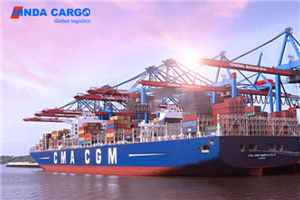Why do you need to buy cargo insurance when shipping goods from China?
In today's globalized world, international trade has become a core part of many companies' economic activities. As an important hub in the global supply chain, China exports a large number of goods to all parts of the world every year. Shipping goods from China to other countries, especially transoceanic transportation, despite the highly developed modern logistics system, still has risks in the transportation process. For this reason, cargo insurance has become an indispensable choice for many companies and individuals in international trade.
So, why do you need to buy cargo insurance when shipping goods from China? This article will explore the role of cargo insurance in depth and analyze its logic and necessity.
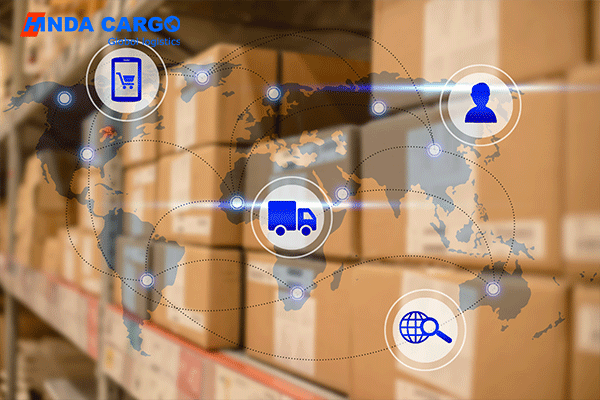
Potential risks in the freight process
In the process of international cargo transportation, goods will go through complex logistics links, including loading and unloading, warehousing, customs inspection, navigation or flight, etc. These links are full of unpredictable risks, and cargo insurance exists to prevent these risks.
Natural disasters
During transportation, goods may encounter natural disasters. In particular, sea transportation, a mode of transportation that relies on the natural environment, is extremely susceptible to weather changes. For example, typhoons, hurricanes, strong winds and waves, etc. may cause damage to goods at sea. Although ships are usually equipped with modern navigation equipment and protection systems, the power of natural disasters is sometimes unpredictable, and ships may be forced to change their routes due to bad weather, or even capsize or sink.
For air transport, extreme weather such as blizzards, thunderstorms or strong winds may also cause flight cancellations, delays, and even aviation accidents, which in turn affect the safety of goods.
Human operational errors
Although the operating procedures of modern logistics systems are gradually standardized, human errors still occur from time to time in cargo transportation. For example, cargo may fall or collide during loading and unloading due to operator negligence, resulting in damage to the cargo. In addition, during transportation, the cargo may cause internal friction, crushing or collapse due to improper packaging or unstable stacking.
In ports or logistics centers, goods may also face the risk of loss or theft. Especially during customs clearance and waiting for transshipment, regulatory negligence or other unforeseen circumstances may cause the cargo to fail to arrive at the destination on time or even disappear completely.
Pirates and theft
Although piracy seems to be a problem of the past, in fact, modern piracy is still active, especially in some high-risk waters, such as the Strait of Malacca and the waters off Somalia. When passing through these areas, cargo ships may be attacked by pirates, resulting in the hijacking, theft or even damage of cargo. Although there are international laws and security escorts to ensure the safety of maritime transportation, companies often choose to purchase cargo insurance to avoid this risk.
In addition, the problem of theft in land transportation cannot be ignored. In some unstable countries or regions, goods may be robbed or stolen by criminals during transportation, causing economic losses.
Cargo detention and delay
In international trade, cargo delays are a common problem, and delays themselves may trigger a series of chain reactions. The reasons for the delay may be port congestion, bad weather, improper logistics scheduling, and complicated customs clearance procedures. The long-term detention of goods at ports, warehouses or other transit points may not only cause damage or deterioration of the goods, especially for perishable food and medicines, but may also affect the performance of the contract between buyers and sellers, leading to economic disputes.
In these cases, cargo insurance can help companies reduce economic losses caused by cargo delays.
Customs and inspection risks
In international trade, each country has different customs regulations, inspection and quarantine standards, and customs clearance procedures. Goods may face risks such as customs seizure, delays, and fines when entering the country. Cargo insurance not only covers physical damage to goods, but also helps companies provide certain economic protection when they encounter uncontrollable risks at the customs link.
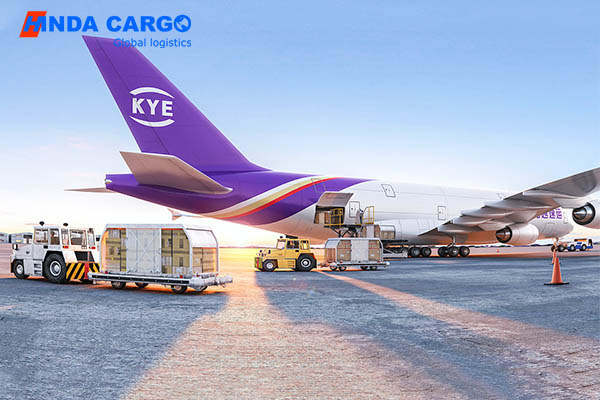
Functions and coverage of cargo insurance
Cargo insurance is established to deal with unforeseen risks during transportation. Insurance companies have designed a variety of cargo insurance products based on different risks so that cargo owners can choose the right insurance plan according to their own needs.
Basic types of cargo insurance
According to different risk factors, cargo insurance can usually be divided into all risks and named peril insurance.
● All risks: covers most common risks in the transportation of goods, including natural disasters, cargo damage, theft, etc. It provides comprehensive protection, allowing cargo owners to transport with confidence and reduce worries.
● Single risk insurance: specifically protects a specific risk factor. For example, cargo owners can purchase piracy insurance only when the cargo passes through a specific high-risk sea area, or purchase corresponding insurance when the cargo may face customs clearance delays.
Different insurances have different coverages, and companies can choose appropriate insurance types based on the transportation route, type of cargo, and value of the cargo.
Claims procedures for cargo insurance
After purchasing cargo insurance, if the cargo encounters an accident during transportation, the cargo owner can apply for compensation from the insurance company. The claims procedure is usually divided into the following steps:
● Notify the insurance company: When the cargo is lost or damaged, the cargo owner should notify the insurance company as soon as possible and provide relevant evidence.
● Loss assessment: The insurance company will appoint professionals to assess the loss of the cargo and confirm the specific cause and amount of the loss.
● Submit a claim application: The cargo owner submits relevant documents such as bills of lading, packing lists, invoices, accident reports, etc. according to the requirements of the insurance contract.
● Compensation processing: After review, the insurance company confirms that the claim conditions are met and will make financial compensation in accordance with the compensation amount agreed in the contract.
For enterprises, the smoothness of the claims process depends to a certain extent on the reputation and service quality of the selected insurance company. Choosing an insurance company with rich experience and efficient claims settlement can provide faster economic relief for cargo owners when risks arise.
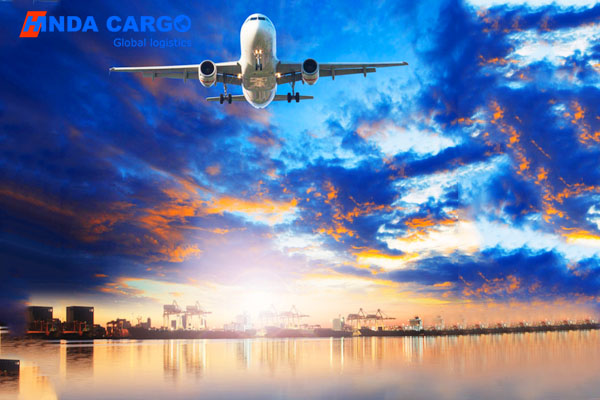
Requirements of laws and contracts
In international trade, cargo insurance is not just a voluntary act. In some cases, it may be a clause explicitly required by law or contract.
Requirements in international trade contracts
In international trade, many sales contracts explicitly require sellers or buyers to purchase cargo insurance. For example, according to international trade practices, the CIF and CIP terms in the International Commercial Terms (Incoterms) explicitly require sellers to insure the goods. This means that cargo owners will not be able to fulfill these contractual provisions without purchasing cargo insurance and may face the risk of breach of contract.
For transactions using FOB (Free On Board) terms, although the seller does not bear the responsibility for cargo insurance, the buyer often considers their own interests and insures themselves to prevent the loss of goods during transportation.
Requirements of laws and regulations
In some countries and regions, the law clearly stipulates that cargo insurance must be purchased for international cargo transportation. Such regulations are usually intended to protect the interests of both parties to the trade and avoid economic losses caused by uncontrollable risks. For example, ships passing through certain high-risk waters need to purchase corresponding insurance to deal with possible unexpected situations according to international shipping laws.
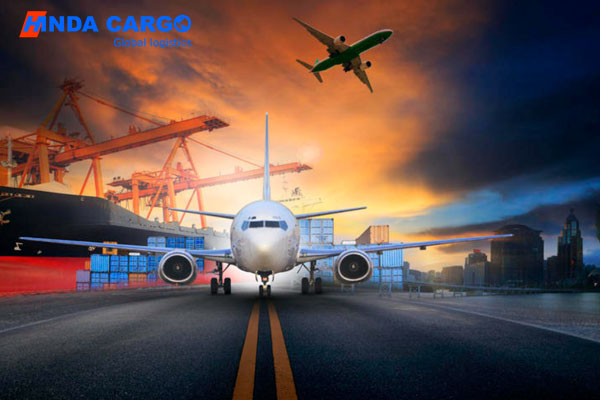
Economic value of cargo insurance
Although purchasing cargo insurance will increase transportation costs, in the long run, cargo insurance is actually an economical option to reduce risks. The cost of cargo insurance is usually calculated based on the type, value, transportation route and other factors specified by the insurance company.
Calculation of insurance premium
The rate of cargo insurance generally ranges from 0.1% to 1% of the total value of the goods, depending on the following factors:
● Type of goods: The insurance rate is higher for fragile goods, high-value goods, and easily damaged goods.
● Mode of transportation: The insurance rate for air transport is usually lower, while the insurance cost for sea transport, especially for voyages through high-risk waters, is higher.
● Transport route: On safer routes, the insurance cost is relatively low. In waters with frequent piracy or high risk of bad weather, the insurance cost increases accordingly.
Economic value of insurance
Compared with the high value of goods and potential losses in international trade, the cost of cargo insurance is relatively low. For bulk trade, freight insurance is an effective means to reduce huge economic risks. Once the goods encounter an accident during transportation, insurance compensation can greatly compensate for the company's economic losses and avoid affecting the company's operations and cash flow.




